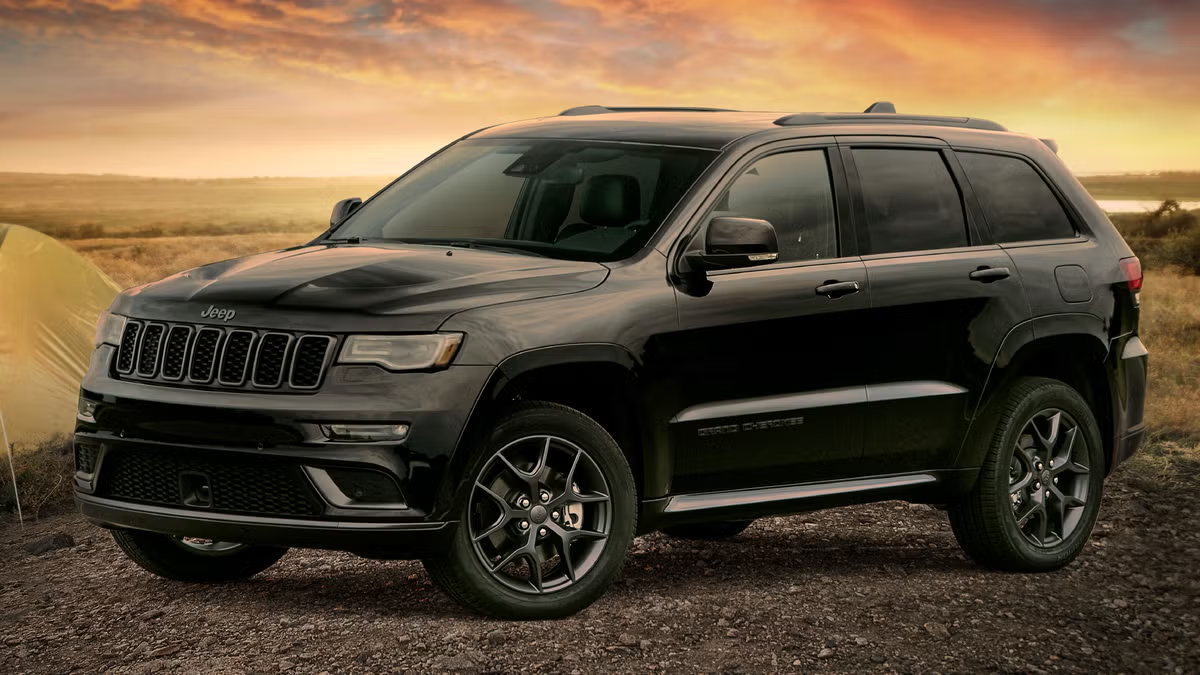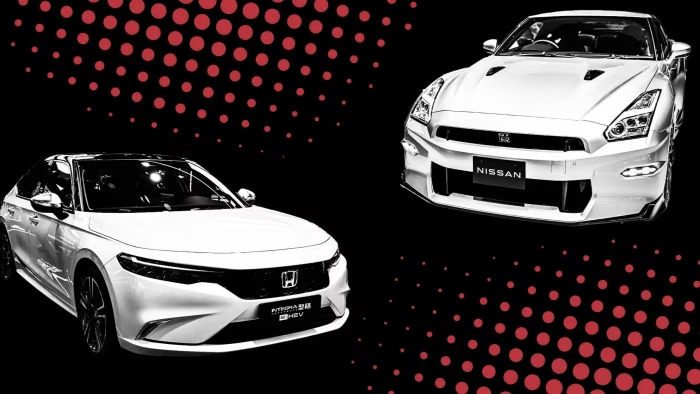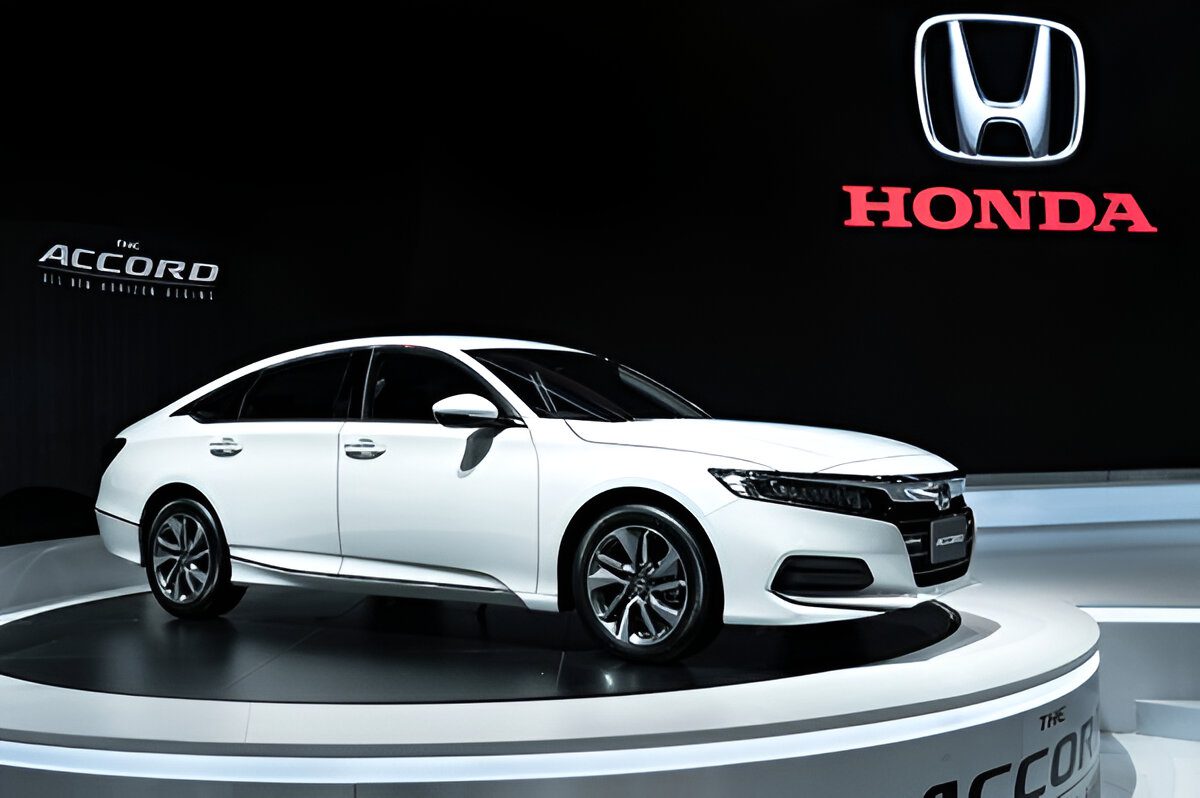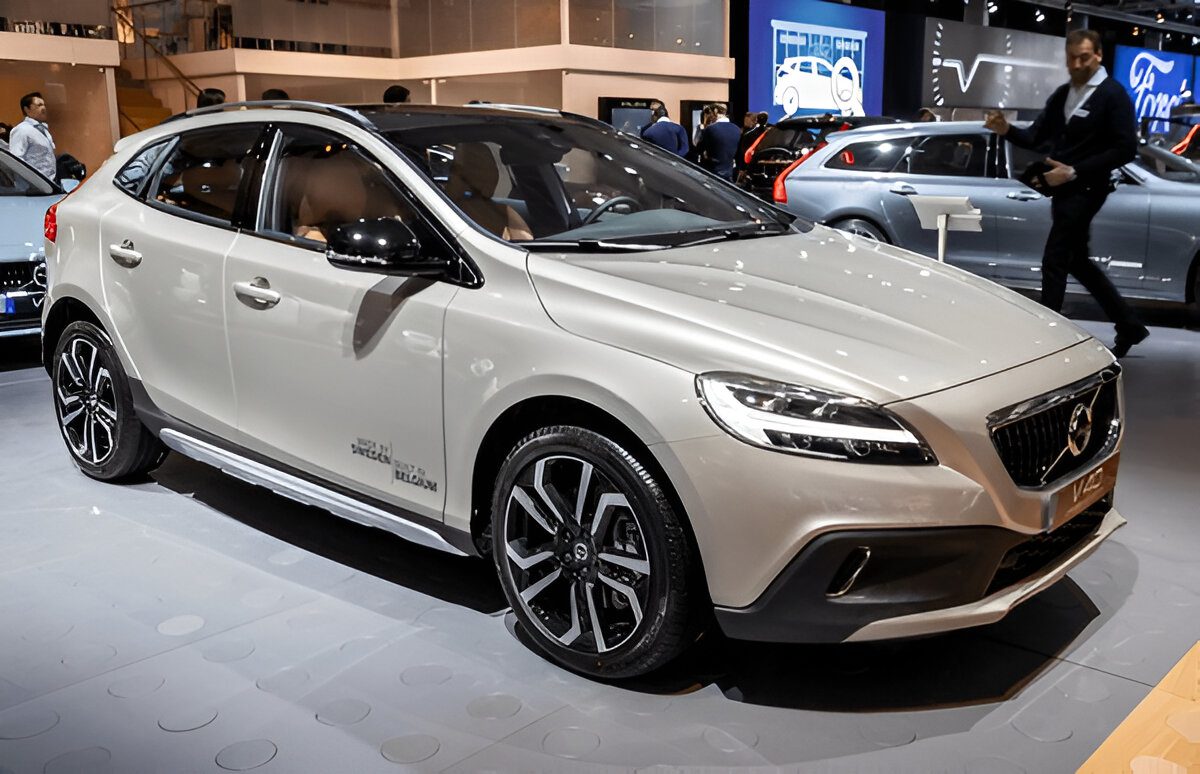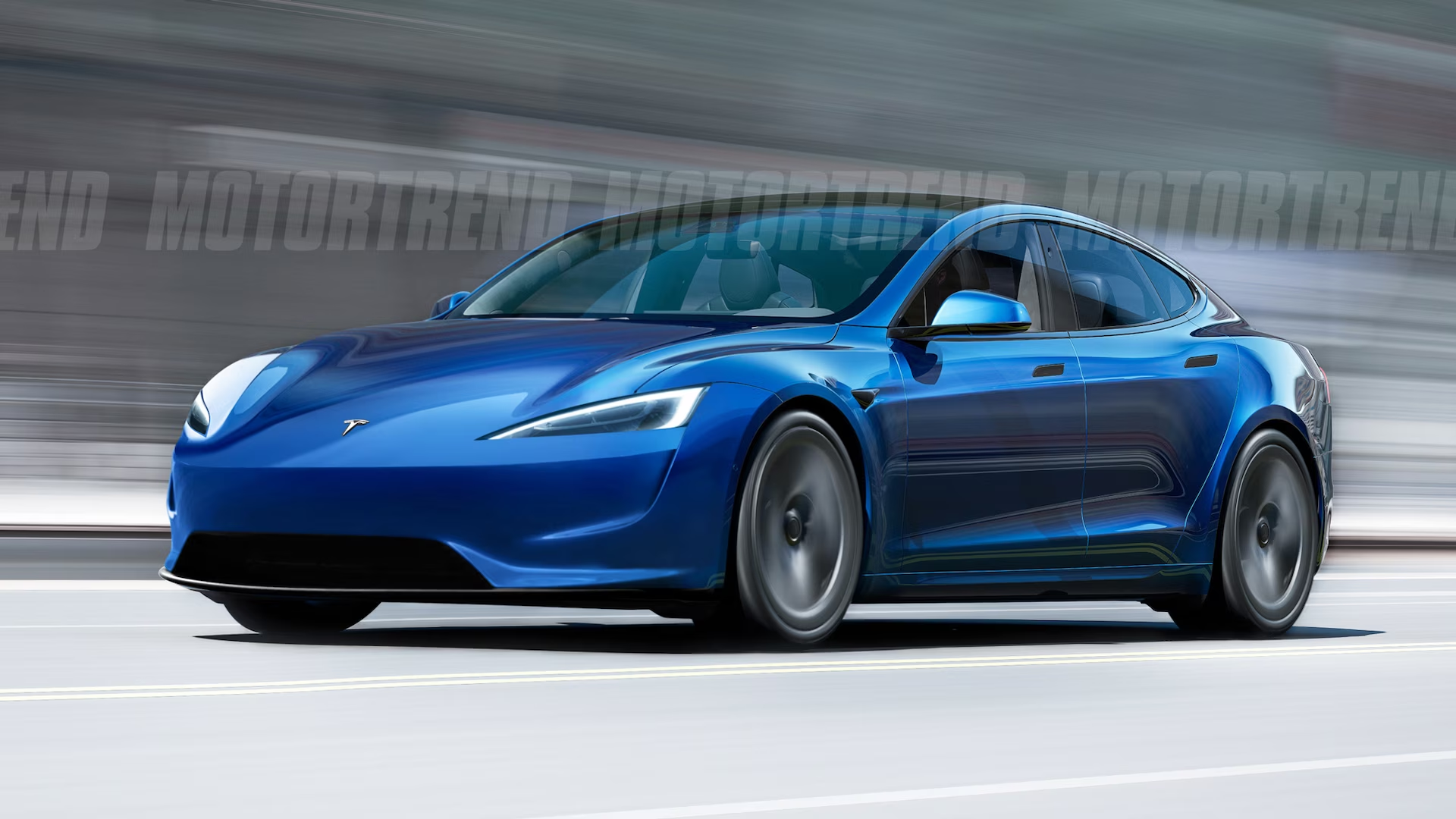The auto industry is at a turning point, and one of the most intriguing possibilities is a Nissan-Honda merger. With electric vehicles (EVs) reshaping the market and competition growing fiercer, these two Japanese automakers might need each other more than ever. But what would this partnership actually look like? And could it really work?
Why a Nissan-Honda Merger Makes Sense Now
Nissan’s Struggle to Stay Competitive
Nissan has been through a rough patch. After the dramatic exit of former CEO Carlos Ghosn and years of financial instability, the company is searching for a way forward. Current CEO Makoto Uchida’s reported departure suggests Nissan’s leadership knows changes are needed. The company’s biggest challenges?
- Falling profits in key markets
- Losing ground in the EV race to Tesla and Chinese brands like BYD
- Strained relationships with longtime alliance partner Renault
A merger with Honda could give Nissan the financial stability and technological boost it desperately needs.
Honda’s Need for a Stronger EV Strategy
Honda is in better shape financially, but it’s not immune to industry shifts. While known for reliable gas-powered cars, Honda has been slower than rivals in rolling out competitive EVs. A partnership with Nissan could help in two big ways:
- Sharing EV technology – Nissan’s experience with the Leaf and Ariya could speed up Honda’s electric plans.
- Cutting costs – Developing EVs alone is expensive; combining resources could save billions.
The Biggest Obstacles to a Deal
Who Would Control the Combined Company?
The last time Nissan and Honda talked about merging, the deal fell apart over one major issue: control. Honda reportedly wanted Nissan to become a subsidiary, which Nissan’s leadership fiercely opposed. But with Nissan’s CEO stepping down, could the company be more open to compromise?
Some insiders suggest Nissan might now accept Honda taking a minority stake, rather than full control. That could be a middle ground giving Nissan needed cash without completely surrendering independence.
Cultural Differences and Brand Identity
Beyond financials, there’s another big question: Could these two very different companies actually work together?
- Nissan has long been part of an alliance (with Renault and Mitsubishi), meaning it’s used to sharing decisions.
- Honda has always been fiercely independent, preferring to develop its own technology.
Blending these cultures won’t be easy. And then there’s the question of branding would loyal Honda buyers accept a car with Nissan’s technology underneath?
What a Merger Could Mean for Drivers
More (and Better) Electric Vehicles
If Nissan and Honda pool their EV efforts, we could see:
- Faster development of next-gen electric cars
- More affordable models, thanks to shared manufacturing
- Stronger competition against Tesla and Chinese automakers
Changes at Dealerships and Service Centers
A merger might also shake up how these cars are sold and serviced. Would Honda dealers start selling Nissan EVs? Would maintenance become more streamlined? These are big questions that could affect car buyers directly.
Is This Really Going to Happen?
Other Options Besides a Full Merger
If combining completely is too complicated, Nissan and Honda might try:
- A joint venture (like Ford and VW’s EV partnership)
- Shared battery or software development
- Limited collaboration on specific models
The Bottom Line: Collaboration Is Coming
Whether it’s a full merger or a looser partnership, one thing is clear: Nissan and Honda can’t afford to go it alone forever. The auto industry is changing too fast, and standing still means falling behind.
For car shoppers, this could mean more choices, better technology, and maybe even lower prices down the road. But for now, all we can do is wait and see how these two automotive giants navigate their next moves.
FAQs
1. Why is a Nissan-Honda merger being considered now?
Both Nissan and Honda are facing significant challenges in the auto industry. Nissan has struggled with falling profits, a loss of competitiveness in the EV market, and a strained relationship with its alliance partner, Renault. Honda, while financially stable, has been slower to adopt electric vehicles (EVs) compared to its competitors. A merger could help both companies overcome these challenges, especially in terms of EV development and cost savings.
2. What are the main benefits of a Nissan-Honda merger?
The merger could provide Nissan with financial stability and technological support, particularly in the EV space. For Honda, it could offer access to Nissan’s experience with electric vehicles like the Leaf and Ariya, speeding up their own electric car plans. Additionally, combining resources could reduce development costs significantly, allowing both companies to better compete with leaders like Tesla and BYD.
3. What are the major obstacles to a Nissan-Honda merger?
One of the biggest hurdles is the issue of control. Previously, a merger was derailed because Honda wanted Nissan to become a subsidiary, which Nissan opposed. Now, with Nissan’s CEO stepping down, there may be more room for compromise. Cultural differences and brand identity are also significant challenges, as Nissan has a history of alliances, while Honda values its independence.
4. How might a merger affect car buyers?
A Nissan-Honda merger could lead to faster development of next-gen electric vehicles and potentially more affordable models. This could benefit consumers through better technology and stronger competition against other automakers like Tesla. However, it could also lead to changes in dealership operations and service centers, such as Honda dealers selling Nissan EVs or the merging of maintenance services.
5. Could a full merger be too complicated?
If a full merger proves too complex, the two companies might pursue alternative collaborations, such as a joint venture or shared development of batteries and software. This could allow them to benefit from each other’s strengths without completely merging.
6. Is a Nissan-Honda merger likely to happen?
While the details are still unclear, it’s evident that both companies will need to collaborate in some way to remain competitive in the fast-changing automotive market. Whether this collaboration takes the form of a full merger, a joint venture, or another partnership, changes are expected.
7. How would the merger impact the EV market?
A successful merger or partnership between Nissan and Honda could speed up the development of new electric vehicles, offer more affordable models to consumers, and help the companies catch up to leaders like Tesla. It could also result in better competition in the EV sector, benefiting both car buyers and the industry as a whole.
8. Would a merger affect the brands of Nissan and Honda?
Yes, brand identity could be an issue. Nissan and Honda have distinct brand images, and there’s concern about whether loyal customers would embrace a car that integrates technology from the other brand. How these companies blend their cultures and maintain their brands could be a significant factor in the success of any merger or partnership.
9. What are the potential alternatives to a full merger?
If a full merger is too complicated, Nissan and Honda could explore other forms of collaboration, such as a joint venture for EVs, shared development of key technologies like batteries or software, or even limited partnerships on specific models. These alternatives could still allow both companies to share resources and expertise while maintaining some degree of independence.
10. What does this merger mean for the future of the auto industry?
The auto industry is rapidly evolving, especially with the rise of electric vehicles and changing consumer expectations. A merger between Nissan and Honda, or any collaboration, could set a new precedent for how automakers adapt to these changes. It could lead to more choices, better technology, and potentially lower prices for consumers, while strengthening their position in the competitive global market.
What Do You Think?
Would a Nissan-Honda merger be good for the industry? Or would it create more problems than it solves? Share your thoughts in the comments!
Want to know why the 2019 Honda Accord remains a fan favorite? Discover all the details here.
Stay ahead in the automotive world. Visit the Roaring Wheels newsletter and receive top stories, expert analysis, and insider updates every week.

